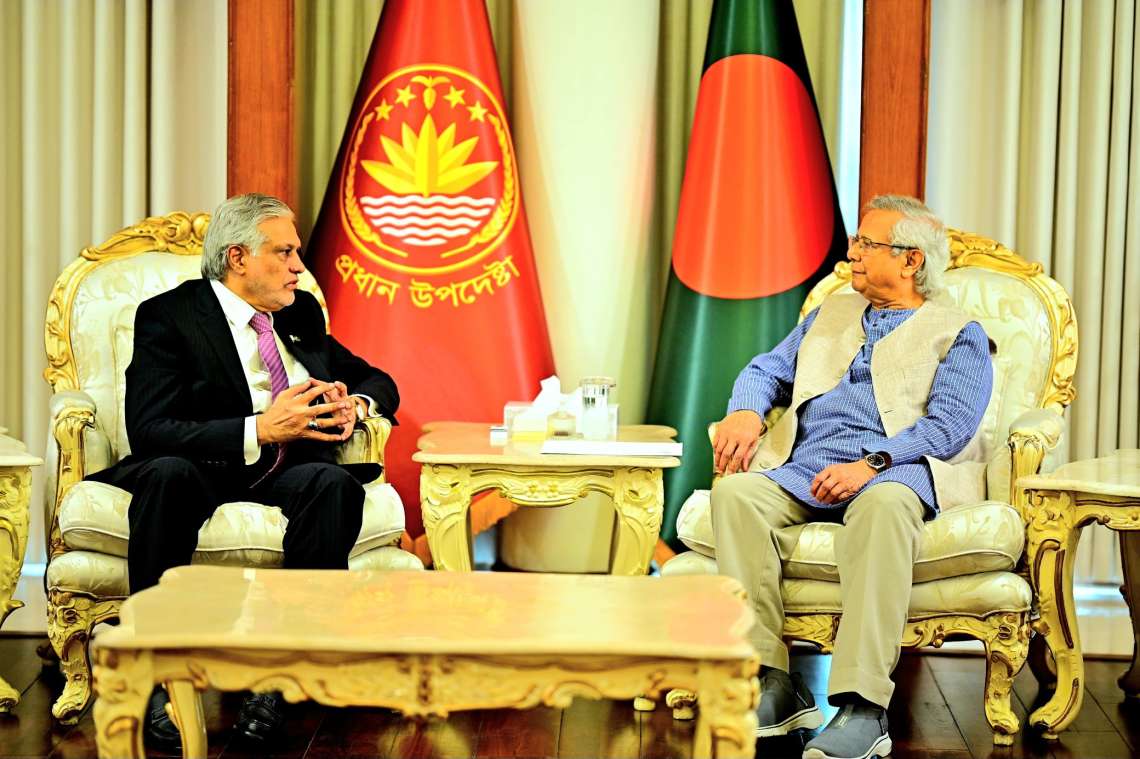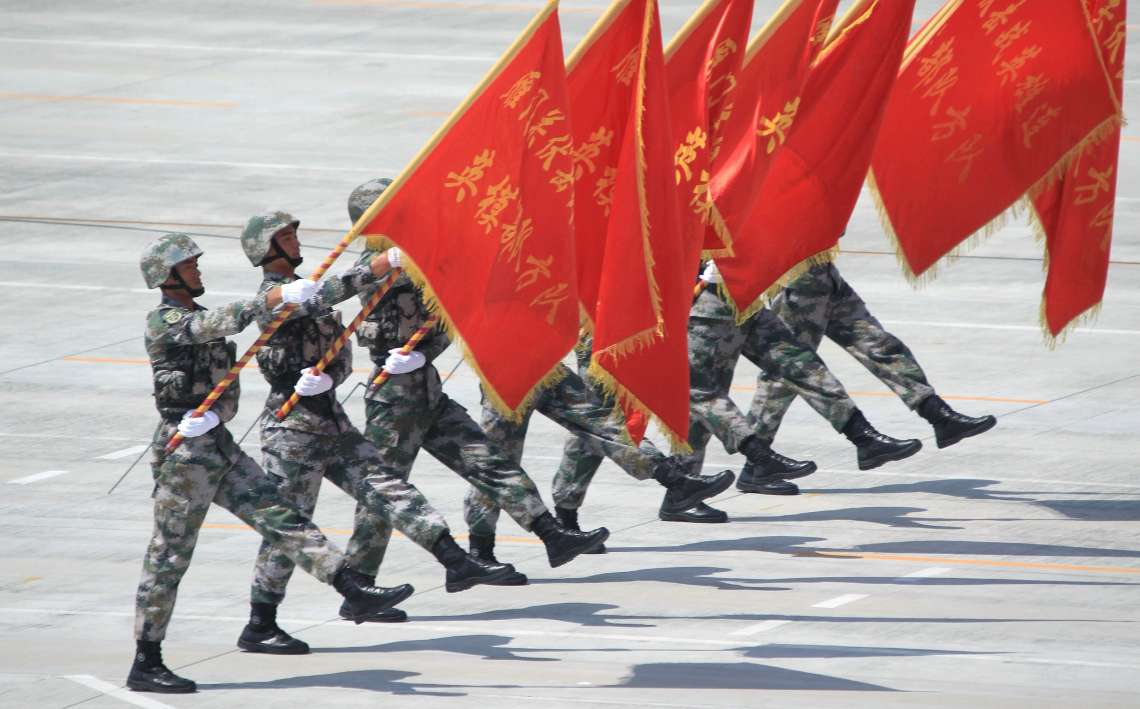The cost of allowing China and Pakistan to dictate foreign policy is that Bangladesh’s own priorities have been eclipsed. Instead of crafting strategies based on its geographic location, economic potential, or regional role, Dhaka has too often allowed external powers to define its choices. How Bangladesh lets external actors dictate its foreign policy … writes Abdul Rahman
Bangladesh stands at a perilous crossroads in its external engagement. Once lauded for balancing regional powers with measured pragmatism, the country now increasingly appears to have forfeited its sovereignty in foreign policy to external actors—most notably China and Pakistan.
The erosion of autonomy is not simply a matter of diplomatic posture; it reflects deeper vulnerabilities within the state’s political fabric, economic dependencies, and historical anxieties.
The result is a foreign policy that often prioritises the interests of Beijing and Islamabad over Dhaka’s own strategic imperatives, leaving Bangladesh in a precarious position both regionally and globally.
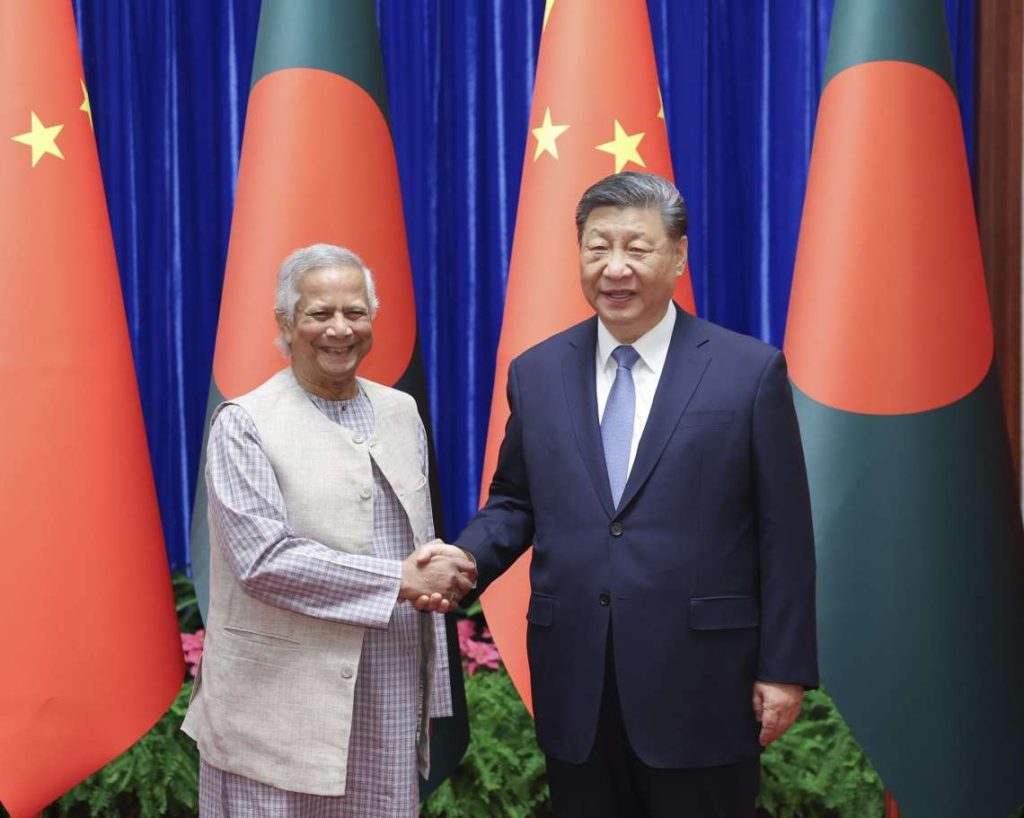
The shadow of China’s grip
China’s influence over Bangladesh has expanded dramatically in recent years. Economic ties, wrapped in the cloak of infrastructure investment and developmental aid, have become the most visible instrument of Beijing’s leverage.
Mega-projects under the Belt and Road Initiative (BRI) have tied Bangladesh into a web of loans and construction contracts, binding its economic future to the whims of Chinese financing.
Ports, bridges, highways, and power plants bear the unmistakable stamp of Chinese capital, creating not just dependency but also avenues of political influence.
This economic entanglement is not neutral. It carries with it Beijing’s implicit expectation that Dhaka align itself with Chinese positions on regional and global matters.
Whether in muted responses to the South China Sea disputes, silence on human rights abuses in Xinjiang, or hesitations to voice concerns over aggressive Chinese postures in the Indo-Pacific, Bangladesh has repeatedly demonstrated a reluctance to cross Beijing. This silence, in turn, signals complicity.
China’s sway is also increasingly evident in Bangladesh’s defence sector. Arms purchases and military training agreements have cemented Beijing’s role as Dhaka’s primary supplier of weaponry.
This creates dependencies that extend far beyond economics, placing strategic levers in Chinese hands.
In the event of diplomatic friction, Beijing has the ability to apply pressure by threatening to withhold critical supplies or delay military cooperation.
Such vulnerabilities diminish Bangladesh’s ability to independently pursue its own security objectives.
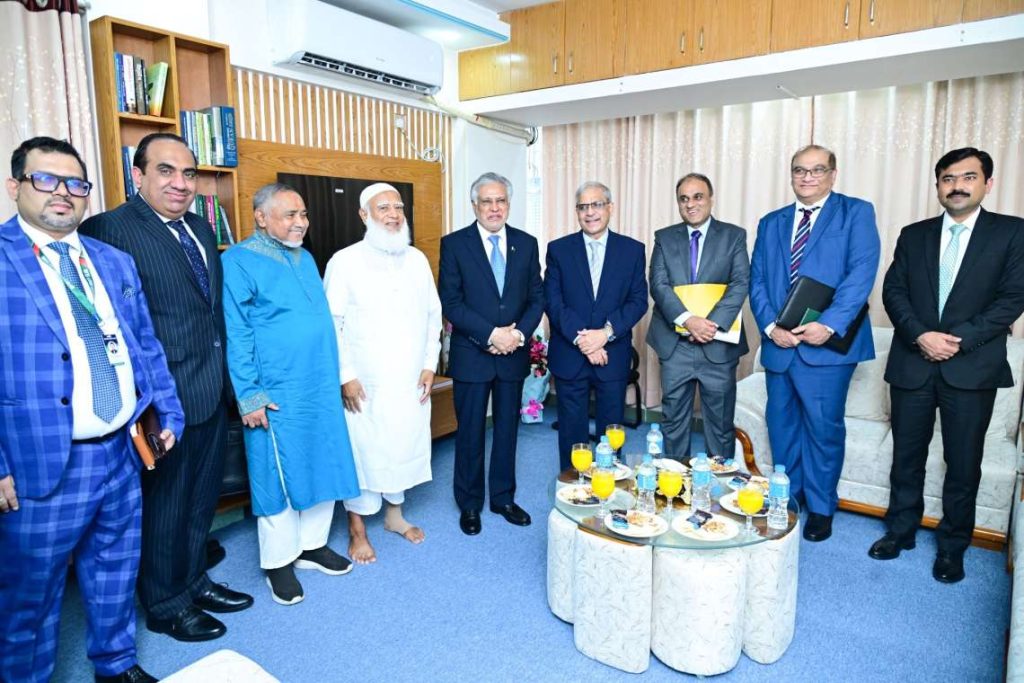
The return of Pakistan to Dhaka’s orbit
If China’s influence is rooted in economic enticement, Pakistan’s resurgence in Dhaka’s foreign policy calculus is more subtle yet no less concerning.
Despite the bloody rupture of 1971, Dhaka has shown an increasing willingness to re-engage with Islamabad diplomatically, often at the expense of its own historical memory.
The recalibration is visible in Dhaka’s restrained criticism of Pakistan’s continued sheltering of anti-India elements, as well as its willingness to downplay tensions in favour of maintaining a façade of cordiality.
More troubling is the manner in which Pakistani narratives have seeped into Bangladesh’s domestic discourse, particularly within sections of political and religious groups that view closer ties with Islamabad as a counterbalance to India’s influence.
The rekindling of relations has also manifested in international forums, where Bangladesh’s voting patterns often avoid open confrontation with Pakistan.
By yielding space to Islamabad in multilateral settings, Dhaka risks legitimising Pakistan’s continued hostility toward its neighbours while simultaneously eroding its own moral authority derived from the liberation struggle.
The cost of allowing China and Pakistan to dictate foreign policy is that Bangladesh’s own priorities have been eclipsed.
Instead of crafting strategies based on its geographic location, economic potential, or regional role, Dhaka has too often allowed external powers to define its choices.
For example, Bangladesh’s maritime position in the Bay of Bengal gives it natural leverage as a littoral power with significant stakes in Indo-Pacific trade routes. Yet Dhaka has refrained from articulating a strong position on Indo-Pacific security, fearful of alienating Beijing.
Similarly, its agricultural and labour-export economy requires diversified global partnerships, but its tendency to lean on Chinese and Pakistani preferences limits the scope for broader engagement with other regions.
Even relations with India, historically central to Bangladesh’s external engagement, have been distorted by these external pressures, especially following the ouster of Prime Minister Sheikh Hasina in 2024.
Rather than building ties based on mutual economic and cultural interdependence, Dhaka has often approached New Delhi with caution, wary of appearing too close to India in the eyes of Beijing or Islamabad.
This triangulated diplomacy reduces Dhaka’s room for manoeuvre, trapping it in a reactive rather than proactive posture.

Vulnerability through economic dependence
Bangladesh’s willingness to allow others to dictate its foreign policy is not accidental; it stems from structural vulnerabilities.
The country’s economic model relies heavily on external financing, export markets, and remittances.
China’s role as a financier of large-scale infrastructure projects, coupled with its influence in the ready-made garment sector, gives Beijing enormous leverage over Dhaka’s economic lifelines.
Pakistan’s influence, while less economic, capitalises on ideological and religious affinities that resonate with segments of Bangladeshi society.
This soft power translates into pressure on Dhaka’s domestic politics, where governments wary of Islamist opposition often tread carefully on issues concerning Pakistan.
The interplay of these vulnerabilities ensures that external actors can set the parameters of Dhaka’s foreign policy more effectively than domestic constituencies.
Dhaka’s leadership often invokes the language of “strategic autonomy” to justify its balancing act.
In practice, this autonomy has become more illusion than reality. While Bangladesh projects an image of neutrality in global conflicts, its pattern of silences and alignments reveals the heavy imprint of Chinese and Pakistani influence.
For instance, Dhaka’s abstentions or carefully worded positions in United Nations resolutions involving sensitive Chinese or Pakistani interests reflect more than diplomatic caution—they reveal constraint.
Bangladesh has not acted freely but rather within boundaries set by external patrons. This erosion of agency corrodes the credibility of its foreign policy, reducing Dhaka to the role of a pawn rather than a player in regional dynamics.
The subservience of Bangladesh’s foreign policy carries implications beyond its borders.
By allowing Beijing and Islamabad to shape its positions, Dhaka inadvertently contributes to the polarisation of South Asia.
Its tilt towards China complicates the strategic calculations of India and the United States, both of whom view the Indo-Pacific through the lens of Chinese expansionism.
Simultaneously, its rapprochement with Pakistan emboldens Islamabad’s antagonism toward New Delhi, exacerbating fault lines in the region.
Within South Asia, Bangladesh’s loss of autonomy reduces the possibility of genuine regional cooperation through platforms like SAARC or BIMSTEC.
Instead, Dhaka’s subordination to external patrons entrenches the divisions that prevent South Asia from acting collectively on shared challenges such as climate change, migration, and trade.
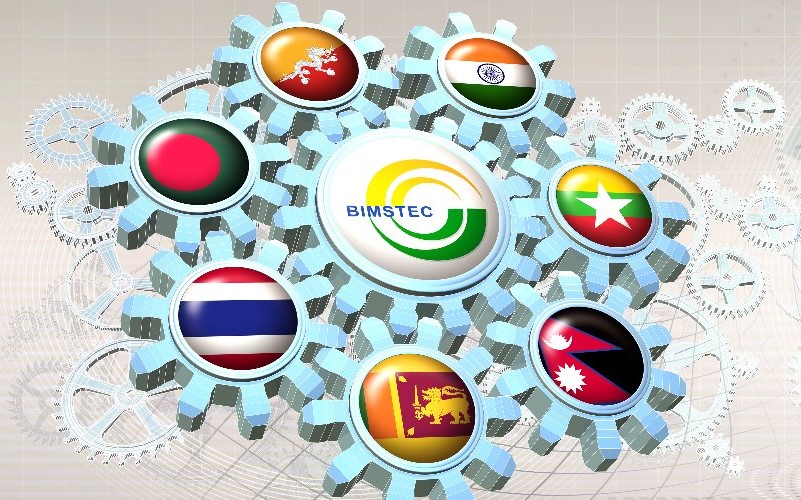
A foreboding outlook
The current trajectory suggests that Bangladesh is steadily ceding the power to define its foreign policy.
China’s economic leverage and Pakistan’s ideological overtures have combined to erode Dhaka’s independence.
The price of this erosion is not abstract. It manifests in muted diplomatic positions, compromised alliances, and a narrowing of strategic options.
For the people of Bangladesh, who fought a liberation struggle premised on sovereignty and self-determination, the irony is bitter.
A country born from the quest for independence now finds itself dependent on others not just for financing or trade, but for the very articulation of its external voice.
What emerges is a portrait of a state increasingly adrift, guided not by its own compass but by the dictates of others.
Bangladesh’s foreign policy, once shaped by its own hard-earned struggle and regional aspirations, risks being reduced to an echo of Beijing’s and Islamabad’s agendas.
The result is a nation that, rather than projecting confidence, reveals fragility on the world stage—its diplomacy less a reflection of its own will and more a testament to how thoroughly others have learned to pull its strings.


